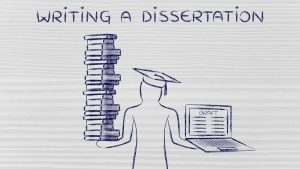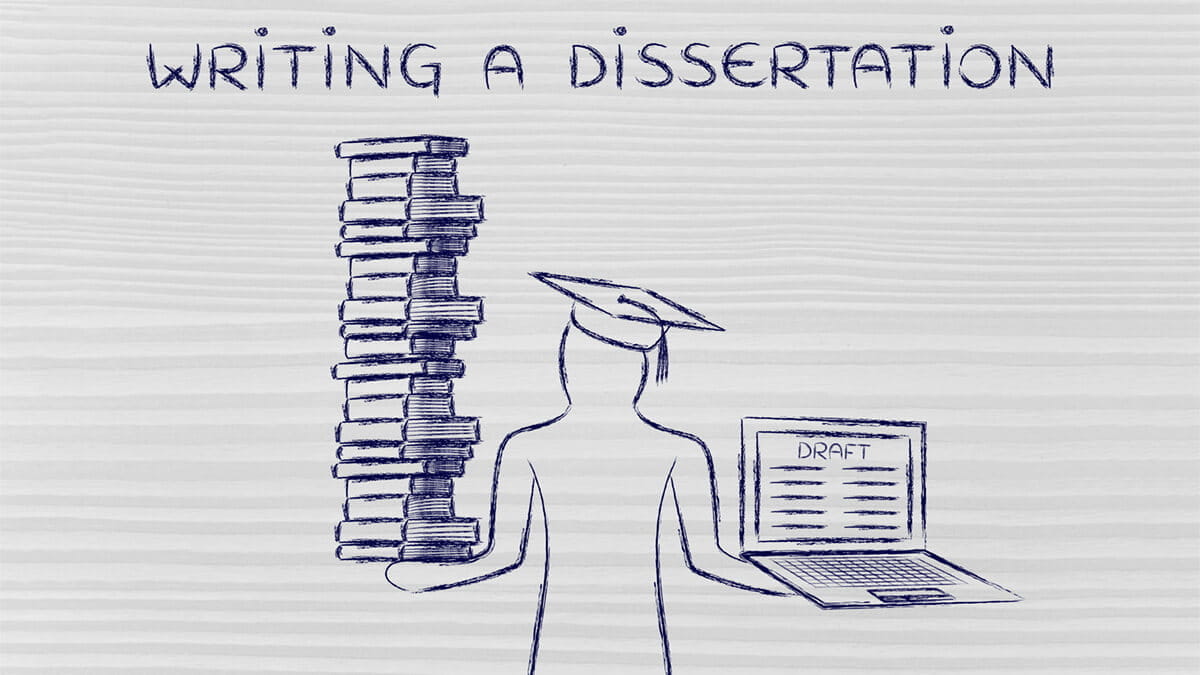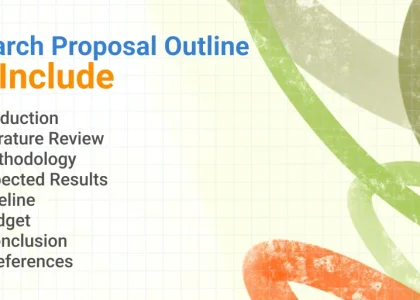Writing a dissertation is one of the most challenging tasks in academia. It requires extensive research, critical thinking, and meticulous planning. However, many students make common mistakes that can derail their progress and impact the quality of their work. In this blog post, we will discuss these common dissertation mistakes and provide tips on how to avoid them, ensuring your path to academic success is smooth and productive.
1. Choosing an Overly Broad or Narrow Topic
The Mistake

One of the most common mistakes students make is selecting a dissertation topic that is either too broad or too narrow. A broad topic can lead to an overwhelming amount of information, making it difficult to focus your research. Conversely, a narrow topic may not provide enough material to support a comprehensive study.
How to Avoid It
- Conduct Preliminary Research: Before finalizing your topic, conduct preliminary research to ensure there is enough existing literature and data available.
- Seek Advice: Consult with your advisor or a faculty member to refine your topic. They can provide valuable insights and help you strike the right balance.
- Focus on Specific Aspects: If your topic is too broad, focus on a specific aspect or case study to make it more manageable.
2. Failing to Conduct a Thorough Literature Review
The Mistake
A literature review is essential for understanding the existing research on your topic and identifying gaps your study will address. Many students either skip this step or conduct a superficial review, which can weaken the foundation of their dissertation.
How to Avoid It
- Start Early: Begin your literature review early in the process to allow ample time for thorough research.
- Use Multiple Sources: Utilize a variety of sources, including books, journal articles, and dissertations. Academic databases like JSTOR and Google Scholar are excellent resources.
- Synthesize Information: Instead of merely summarizing sources, synthesize the information to provide a comprehensive overview and highlight gaps in the existing research.
3. Poor Time Management
The Mistake
Dissertations are time-consuming, and poor time management can lead to rushed work, missed deadlines, and increased stress. Many students underestimate the time required for each stage of the dissertation process.
How to Avoid It
- Create a Timeline: Develop a detailed timeline with specific milestones and deadlines for each stage of your dissertation. Stick to this schedule as closely as possible.
- Break It Down: Break your work into manageable chunks and tackle them one at a time. This approach can make a daunting task seem more achievable.
- Set Regular Goals: Set weekly or monthly goals to keep yourself on track. Regular progress checks can help you stay focused and motivated.
4. Inadequate Research Design
The Mistake
An inadequate research design can lead to unreliable results and undermine the validity of your dissertation. This mistake often stems from a lack of understanding of research methodologies.
How to Avoid It
- Understand Methodologies: Take the time to learn about different research methodologies and choose the one that best suits your research questions and objectives.
- Seek Guidance: Consult with your advisor or a methodology expert to ensure your research design is sound and appropriate.
- Pilot Study: Conduct a pilot study to test your methods and make any necessary adjustments before proceeding with the full study.
5. Ignoring Ethical Considerations
The Mistake
Ethical considerations are crucial in research, and ignoring them can result in serious consequences, including the rejection of your dissertation. Common ethical issues include plagiarism, lack of informed consent, and mishandling of data.
How to Avoid It
- Get Informed: Familiarize yourself with the ethical guidelines relevant to your field and institution.
- Maintain Transparency: Be transparent about your research methods and ensure you obtain informed consent from participants.
- Handle Data Responsibly: Store and handle your data securely, and ensure confidentiality where required.
6. Weak Thesis Statement
The Mistake
A weak or unclear thesis statement can confuse readers and weaken the overall argument of your dissertation. Your thesis statement should clearly articulate your research question and the purpose of your study.
How to Avoid It
- Be Clear and Specific: Ensure your thesis statement is clear, specific, and concise. It should directly address the research question and objectives.
- Refine and Revise: Don’t hesitate to revise your thesis statement as your research progresses and your understanding deepens.
- Seek Feedback: Get feedback from your advisor or peers to ensure your thesis statement is strong and well-articulated.
7. Neglecting to Proofread and Edit
The Mistake
Neglecting to proofread and edit can result in a dissertation filled with errors, weakening its overall quality and readability. Typos, grammatical errors, and formatting issues can detract from your hard work.
How to Avoid It
- Take Breaks: After completing your dissertation, take a break before starting the proofreading and editing process. This will help you approach your work with fresh eyes.
- Use Tools: Utilize proofreading tools and grammar checkers like Grammarly to catch errors you might miss.
- Get a Second Opinion: Have someone else review your dissertation. They can provide valuable feedback and catch mistakes you may have overlooked.
8. Lack of Coherence and Flow
The Mistake
A dissertation that lacks coherence and flow can be difficult to follow, confusing your readers and weakening your arguments. Each section of your dissertation should logically follow from the previous one.
How to Avoid It
- Outline Your Dissertation: Create a detailed outline before you start writing. This will help you organize your thoughts and ensure a logical flow.
- Use Transitions: Use transitional phrases and sentences to connect different sections and ideas.
- Review and Revise: Continuously review and revise your work to improve coherence and ensure your arguments flow logically.
9. Inadequate Data Analysis
The Mistake
Inadequate or incorrect data analysis can lead to invalid conclusions and undermine the credibility of your dissertation. This mistake often results from a lack of understanding of data analysis techniques.
How to Avoid It
- Learn the Techniques: Invest time in learning the appropriate data analysis techniques for your study. Consider taking a course or seeking guidance from a statistics expert.
- Software Tools: Use software tools like SPSS, R, or NVivo to assist with data analysis. Ensure you understand how to use these tools effectively.
- Double-Check Your Work: Verify your analysis to ensure accuracy. Check your calculations and interpretations carefully.
10. Ignoring Feedback
The Mistake
Ignoring feedback from your advisor, committee members, or peers can result in missed opportunities for improvement. Constructive criticism is essential for refining your dissertation.
How to Avoid It
- Be Open to Criticism: View feedback as an opportunity to improve rather than as a personal attack.
- Act on Feedback: Take the time to understand and act on the feedback you receive. Make necessary revisions and seek clarification if needed.
- Continuously Seek Feedback: Regularly seek feedback throughout the dissertation process, not just at the end.
Conclusion
Avoiding common dissertation mistakes is crucial for producing a high-quality, credible, and well-structured dissertation. By choosing a manageable topic, conducting a thorough literature review, managing your time effectively, and adhering to ethical guidelines, you can navigate the dissertation process with confidence. Remember, seeking feedback, refining your thesis statement, and ensuring coherence and proper data analysis are key to a successful dissertation. With careful planning, dedication, and attention to detail, you can avoid these common pitfalls and achieve academic success.






